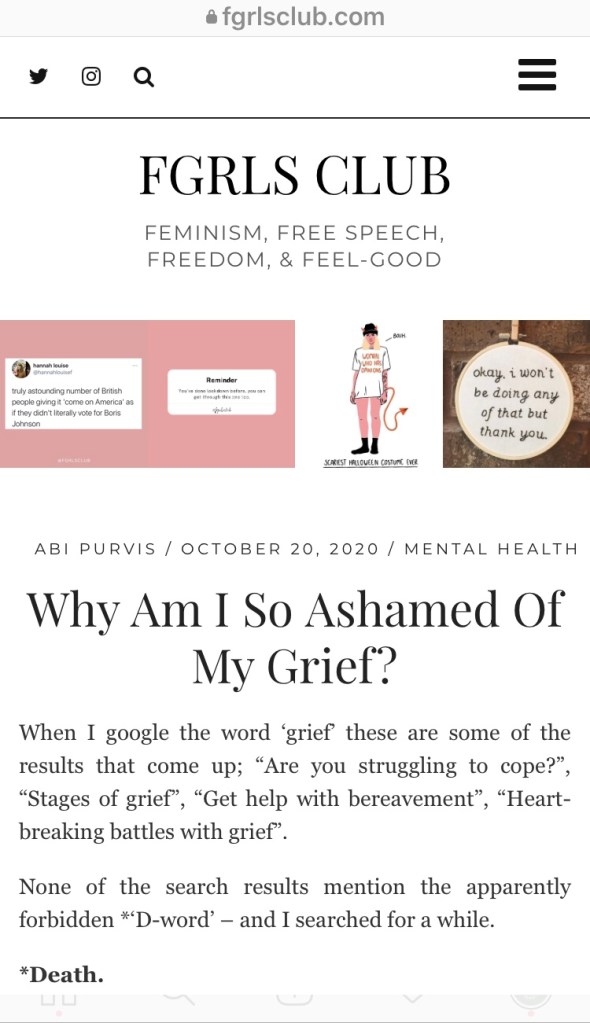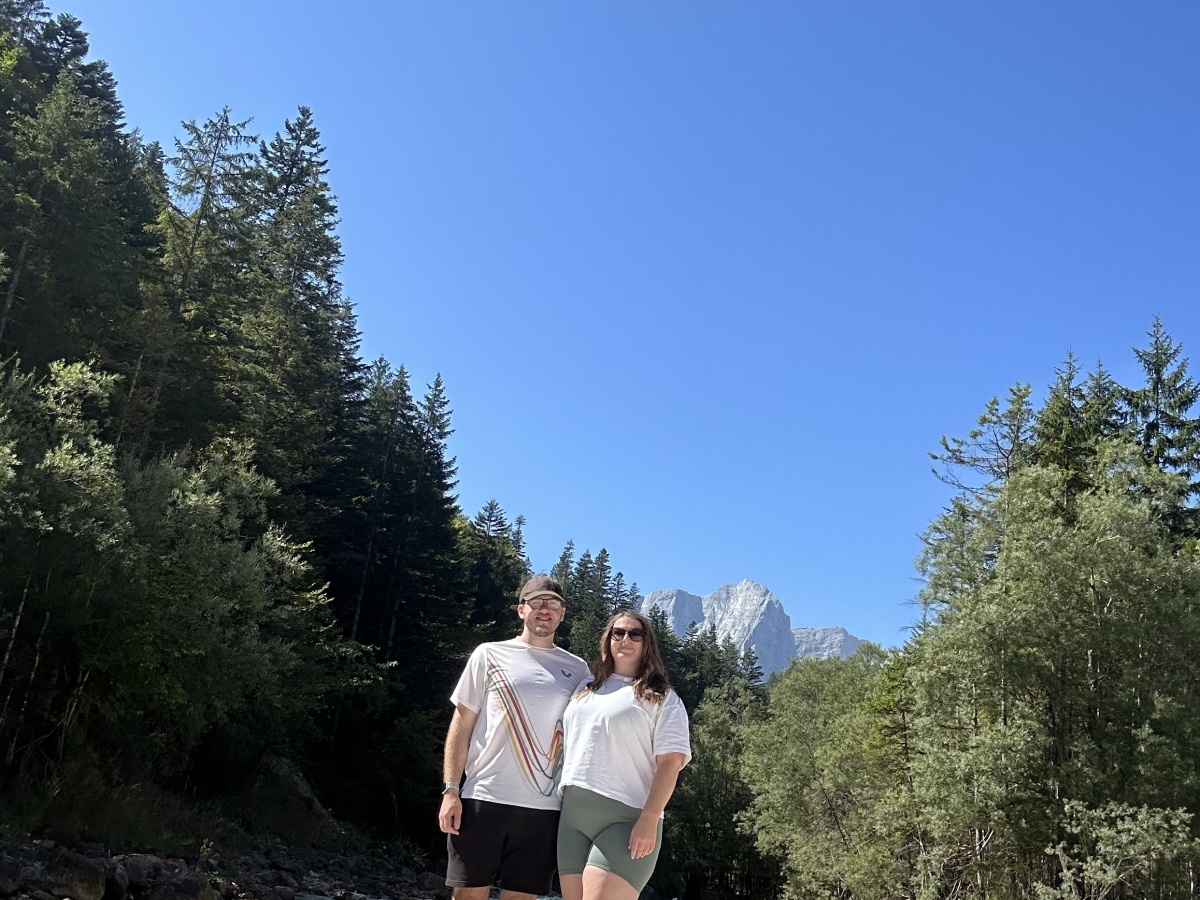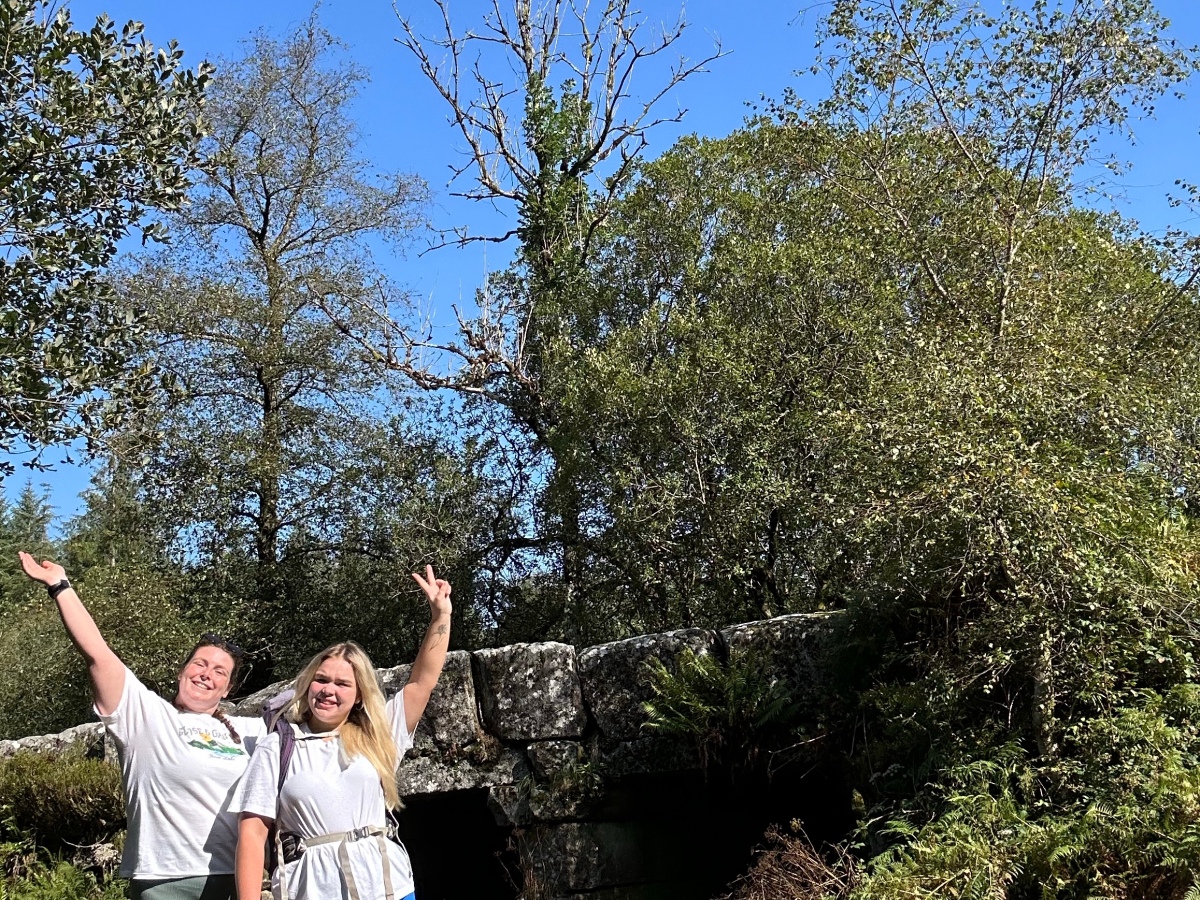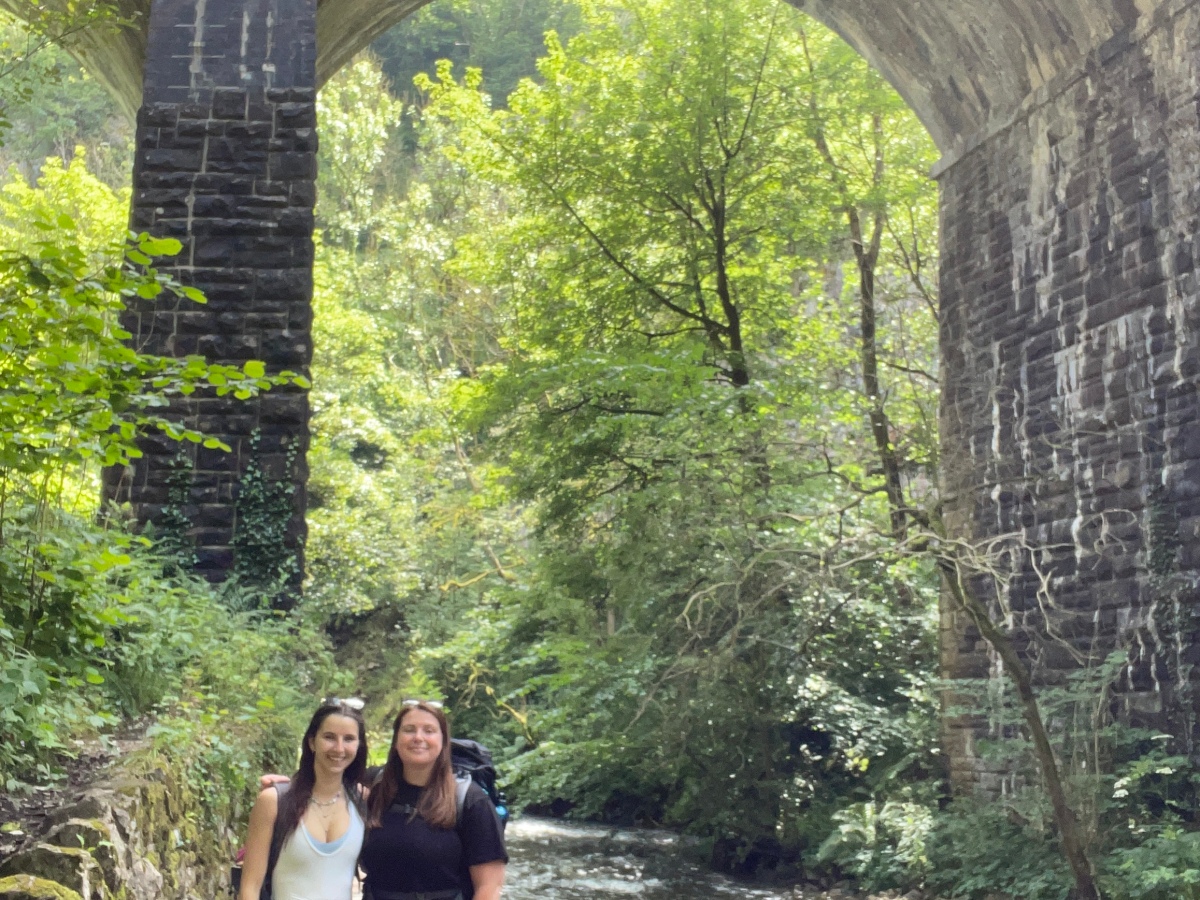Grief is such a tricky topic for us to talk about and it’s hard to find the right words when consoling someone who has just lost a loved one.
After the death of my Nain in July, I felt I need to write out my feelings and thoughts around the topic… which ended up getting published by FGRLS here.
It’s a very raw and vulnerable piece, but I think it’s such an important thing to talk about…. so I’m fighting my fear and am taking the opportunity to dedicate this weeks blog posts to share the article with you today.

Why Am I So Ashamed Of My Grief?
When I google the word ‘grief’ these are some of the results that come up; “Are you struggling to cope?”, “Stages of grief”, “Get help with bereavement”, “Heart-breaking battles with grief”.
None of the search results mention the apparently forbidden *‘D-word’ – and I searched for a while.
*Death.
The lack of its presence led me to specifically search for the word. All that appeared were various websites defining ‘death’ – and of course, a few news reports on the coronavirus death toll. Other than in the context of large-scale catastrophic events, like our current pandemic, death is not widely spoken about. There’s evidently a fear of the word, an uncomfortable feeling when talking about it and desperation to avoid it.
So why are our brains wired to avoid the topic?
In an article for Headspace, neuroscientist Dr. Claudia Aguirre says, “Traditionally, Western culture keeps death at a nice, safe distance”.
It’s as if we believe that if we talk about death it will happen around us, and if we ignore it, it’s not happening at all: “when we’re faced with the idea of death, people defensively turn to things they believe will shield them from death, literal or otherwise.”
Is that why saying my Nain (welsh for Grandma) “has gone” or “has passed” is easier to say that “she has died”?. Even now, I automatically went to hit the backspace button on those last three words. There’s clearly something about directly discussing the topic of death that just makes me shudder.
Is it ingrained in us to run away from death?
The more we acknowledge that death is a real thing, the more questions arise; well, where has she gone? What does death mean? Why do we die? What happens when we die? – all overwhelming and frightening questions that we can’t possibly have answers to. It’s no wonder we try to ignore them and consequently ideas of death too.
Yet, I worry that by avoiding speaking about death, we’re only making it harder to come to terms with the death of our loved ones.
When my Grandad died 5 years ago, I didn’t take time to process it. I took the British stiff upper lip approach and carried on as normal. It took me almost a year to realise that the emotions I’d swept under the rug needed to get out. I was on an overnight training hike and all I could think about was that my Grandad wasn’t going to be on the other end of the phone asking how it was and how proud of me he was for hiking so far.
When my Nain died in July this year, I decided that ignoring her death was something I refused to do.
We know, regardless of the context, that when we are upset, talking about it helps us process what has happened. Therapist Barton Goldsmith says in an article for Psychology Today: “Learning that it’s okay to talk about our problems can feel a bit like a trip to the dentist. You know that the discomfort will stop once you get the tooth fixed, but you don’t want to go through the process because it hurts too.”
“Talking can be a way to cope with a problem you’ve been carrying around in your head for a while. Just being listened to can help you feel supported and less alone,” says Mental Health Foundation. Except, often death is extra tricky to talk about, because of our human awkwardness around the subject.
It’s so odd to think that, hypothetically, if I was to say I was upset over a breakup and the loss of a relationship, then more questions would be asked and more comfort offered than if I talked about Nain’s death. Instead of feeling welcomed into talking about what has happened and how I feel, more often than not I receive a; “I’m sorry to hear,” followed by a swift conversation change.
Perhaps we are too socially awkward; embarrassed to say the wrong thing, upset someone or remind them of something they might be trying to distract themselves from. Yet, not allowing a grieving person the chance to talk about their feelings could cause further upset: “When we don’t talk about what matter,s it can increase feelings of isolation, loneliness and distress,” says Dyingmatters.
I’m still coming to terms with talking about my Nain in the past tense. It’s something I am consciously working on to help me affirm the reality of her death. My Nain suddenly got very ill, and as it happened so quickly and I never saw her get ill with my own eyes — I have found it really hard to believe she’s really gone. For a while, I often thought she was sitting in her flat and on a couple of occasions I have even pulled my phone out to call her.
On occasion, I have deliberately used the present tense and glossed over her recent death to prevent what I have worried would be an awkward silence in the conversation. But talking about death shouldn’t be awkward – these verbal habits concede to this awkwardness and can actually make coming to terms with a loss even harder.
Just because we’re afraid of death and actively try to avoid it in conversations doesn’t mean we should ignore it. The lack of its discussion in the media and in daily conversations is so damaging; it makes people feel ashamed for wanting to talk about the loss of a loved one and consequently makes their grieving process harder. As a society, we need to do better and as individuals, we need to welcome the topic into conversations – you never know who it might help.
Thankyou for taking the time to read this. If you have a spare 5 mins, I’d really appreciate it if you could go take a look at it on the FGRLS website too and maybe leave a comment.
You are all wonderful readers and I wish you all the best.
I hope lockdown 2.0 is treating you well x






